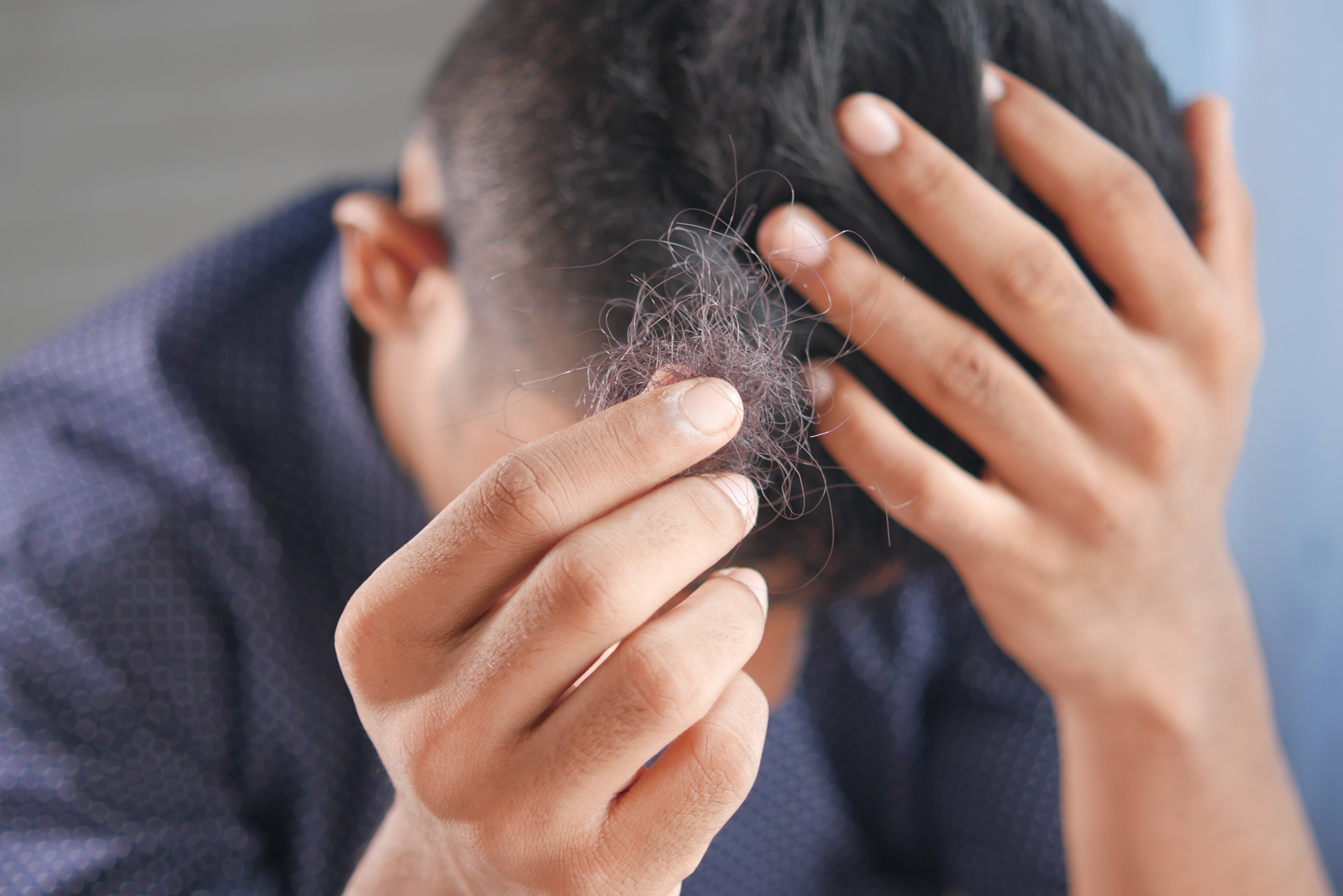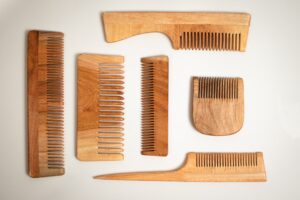Hair loss is a common concern for many individuals, and understanding the underlying reasons behind it is crucial for effective prevention and management. Here are some common factors that contribute to hair loss:
Genetics (Hereditary Hair Loss):
The most common cause of hair loss is hereditary hair loss, also known as androgenetic alopecia. This condition is influenced by genetic factors and hormonal changes. It can affect both men and women, leading to gradual thinning of hair over time.
Hormonal Changes and Medical Conditions:
Various hormonal changes, such as those associated with pregnancy, childbirth, menopause, and thyroid problems, can contribute to hair loss. Medical conditions like alopecia areata (an autoimmune disease attacking hair follicles), diabetes, and lupus can also be culprits.
Medications and Treatments:
Certain medications, such as those used for cancer, arthritis, depression, heart problems, gout, and high blood pressure, can cause hair loss as a side effect. Additionally, treatments like radiation therapy and chemotherapy can lead to temporary or permanent hair loss.
Physical and Emotional Stress:
Physical stress from surgery, illness, or traumatic events can trigger a type of hair loss called telogen effluvium. Emotional stress, including anxiety and depression, can also contribute to hair shedding. In these cases, managing stress can help improve the condition.
Nutritional Deficiencies:
Inadequate nutrition, especially deficiencies in iron, zinc, vitamin D, and other essential nutrients, can impact hair health and lead to increased shedding. Ensuring a balanced diet is crucial for overall well-being, including the health of your hair.
Age:
As individuals age, hair naturally becomes finer and may start to thin. The rate of hair growth slows down, and hair follicles may go dormant, leading to overall hair thinning.
Tight Hairstyles and Traction Alopecia:
Wearing hairstyles that pull on the hair, such as tight ponytails, braids, or cornrows, can cause a type of hair loss called traction alopecia. This condition results from prolonged tension on the hair follicles and may lead to permanent damage if not addressed.
Chemical Treatments and Styling:
Excessive use of harsh chemicals, such as those found in dyes, relaxers, and perms, can weaken the hair shaft and contribute to breakage and hair loss. Heat styling tools, if used frequently without proper precautions, can also cause damage.
Poor Scalp Health:
Conditions affecting the scalp, such as dandruff, psoriasis, or fungal infections, can compromise the health of hair follicles and lead to hair loss. Maintaining a clean and healthy scalp is essential for optimal hair growth.
Sudden Weight Loss:
Rapid and significant weight loss, often associated with crash diets or certain medical conditions, can lead to telogen effluvium, causing temporary hair shedding.
It’s important to note that occasional hair shedding is a normal part of the hair growth cycle, and everyone experiences it to some extent. However, if you notice excessive or prolonged hair loss, it’s advisable to consult with a healthcare professional or a dermatologist to determine the underlying cause and explore appropriate treatment options.
The photo is from unsplash.com



